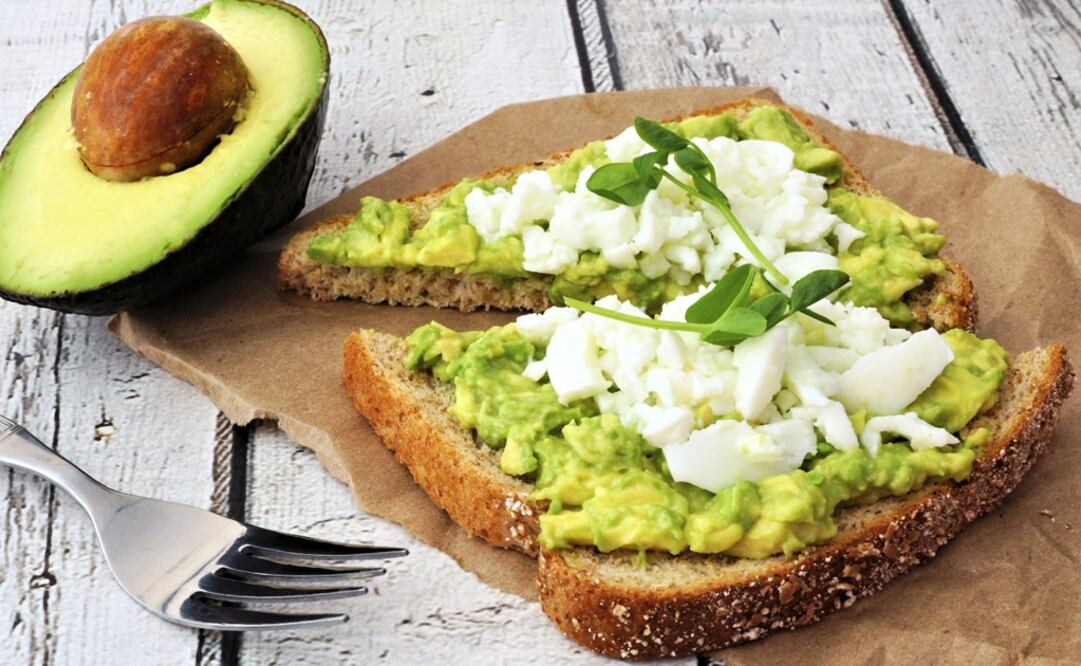Más Información

En SLP nunca ha existido una gobernadora y ahora hay una posibilidad real que así sea, asegura Ricardo Gallardo tras aprobación de "Ley Esposa"

Morena analiza disminución de pluris y elección popular de consejeros del INE: Monreal; serán revisadas en la reforma electoral, dice

Rastro de jets vinculados al narcotráfico lleva a un vendedor en California… y a un punto ciego de la regulación aérea en Estados Unidos

Secretaría Anticorrupción sanciona a dos empresas por buscar contratos con información falsa; imponen multa de miles de pesos

Banxico se despide de 2025 con otro recorte a la tasa de interés; queda en 7% por ajuste de 25 puntos base
President Donald Trump
’s threat to shut down the U.S.-Mexico border would hit American consumers in the worst way.
From the avocados on avocado toast and guacamole to the limes and tequila in margaritas , the United States heavily relies on Mexican imports of fruit, vegetables, and alcohol to meet consumer demand. Nearly half of all imported U.S. vegetables and 40% of imported fruit are grown in Mexico, according to the latest data from the United States Department of Agriculture.
Steve Barnard,
president, and chief executive of Mission Produce , the largest distributor and grower of avocados in the world, said that the U.S . would run out of avocados in three weeks if imports from Mexico were stopped.
“You couldn’t pick a worse time of year because Mexico supplies virtually 100% of the avocados in the U.S. right now. California is just starting and they have a very small crop, but they’re not relevant right now and won’t be for another month or so,” said Barnard .
On Friday, Trump said that there was a “very good likelihood” he would close the border this week if Mexico did not stop immigrants from reaching the United States . A complete shutdown would affect millions of l egal border crossings , as well as asylum seekers , and would result in billions of dollars lost in trade , about USD $137 billion in food imports.
“When a border is closed or barriers to trade are put in place, I absolutely expect there would be an impact on consumers,” said Monica Ganley , principal at Quarterra, a consultancy specializing in Latin American agricultural issues and trade.
“We’re absolutely going to see higher prices. This is a very real and very relevant concern for American consumers.”
In recent years, there has been an increased demand for fresh produce , and a greater variety of it, therefore, the United States has become increasingly dependent on Mexico to fulfill that need. Imports have nearly tripled since 1999. In that period, Mexico has gone from supplying less than a third of imported produce to 44% today.
In addition to avocados, the majority of imported t omatoes, cucumbers, blackberries, and raspberries come from Mexico . While there are other producers worldwide, opening those trade channels would take time, said Ganley .
And although the share prices of U.S. supermarket chains like Walmart and Kroger were not affected by Friday’s announcement, food companies would ultimately feel the pain.
“We would be out of business for a while,” said Barnard .
gm
Noticias según tus intereses
[Publicidad]
[Publicidad]









